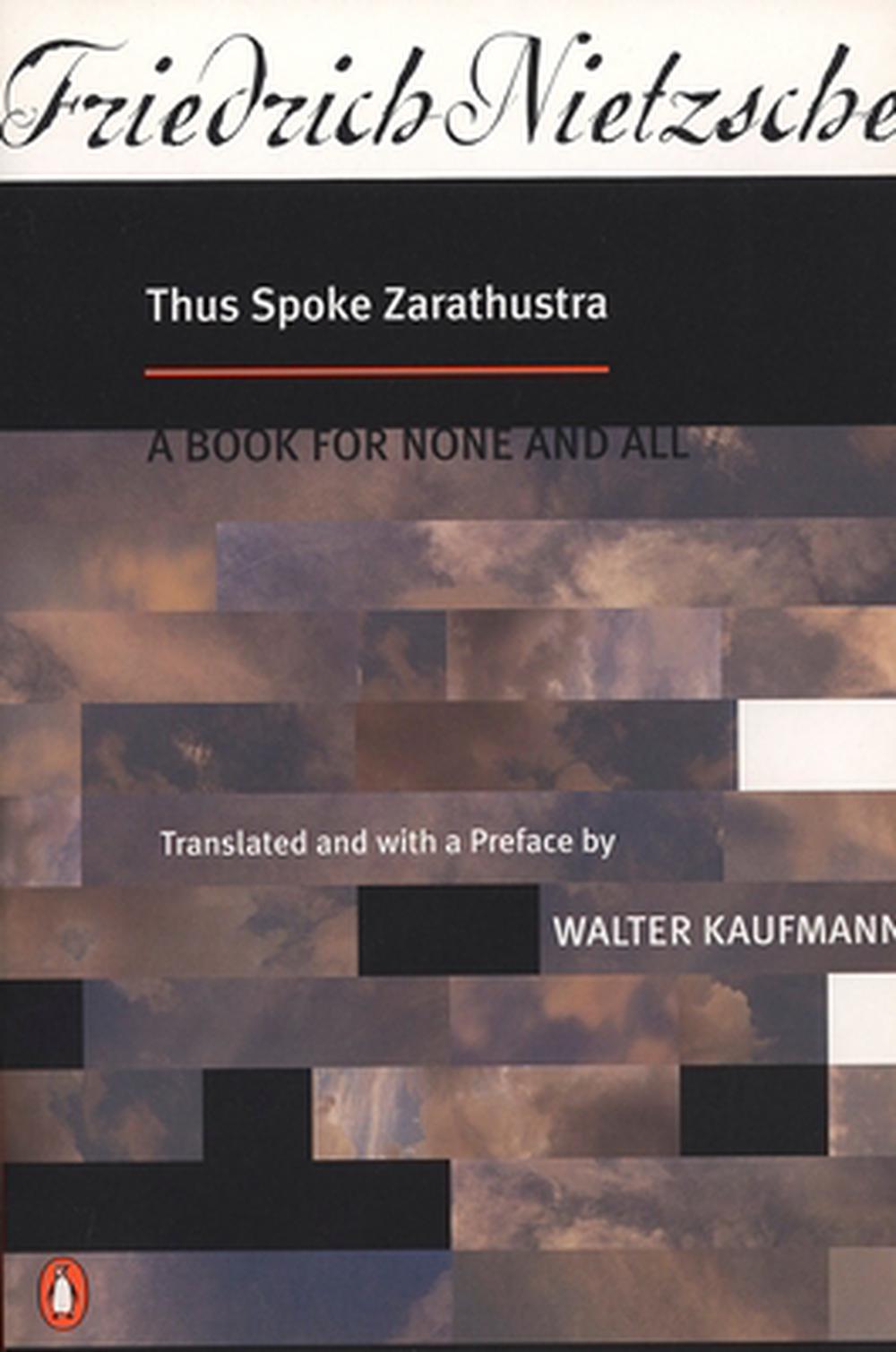


"Oh great star! What would your happiness be if you did not have us to shine for?

But finally he had a change of heart - and rising one morning with the dawn, he went before the sun, and spoke thus to it: There he enjoyed his spirit and his solitude, and for ten years did not weary of it. WHEN Zarathustra was thirty years old, he left his home and the lake of his home, and went into the mountains. Nietzsche's underlying argument is that all human values are created by humans, rather than gods, or nature, or some underlying fundamental reality. Nietzsche's perspective, and that of his protagonist Zarathustra, is the opposite of Zoroastrianism this is meant as a kind of ironic joke. Traditional Zoroastrianism sees good and evil as fundamental aspects of reality, beyond interpretation or human discourse. The historical Zarathustra is believed to be the founder of the ancient monotheistic tradition Zoroastrianism, which articulates a Manichean, 'good vs. The piece is filled with irony and no more so than in the naming of its hero, Zarathustra. "Thus Spoke Zarathustra" is a philosophical parable that follows the wanderings of a character called Zarathustra, a Nietzschean prophet. It is not really a novel, it is not really poetry, nor is it a traditional philosophical treatise. Friedrich Nietzsche's "Thus Spoke Zarathustra", written in the years 1883 to 1885, is a pretty unusual book in the history of Western philosophy.


 0 kommentar(er)
0 kommentar(er)
